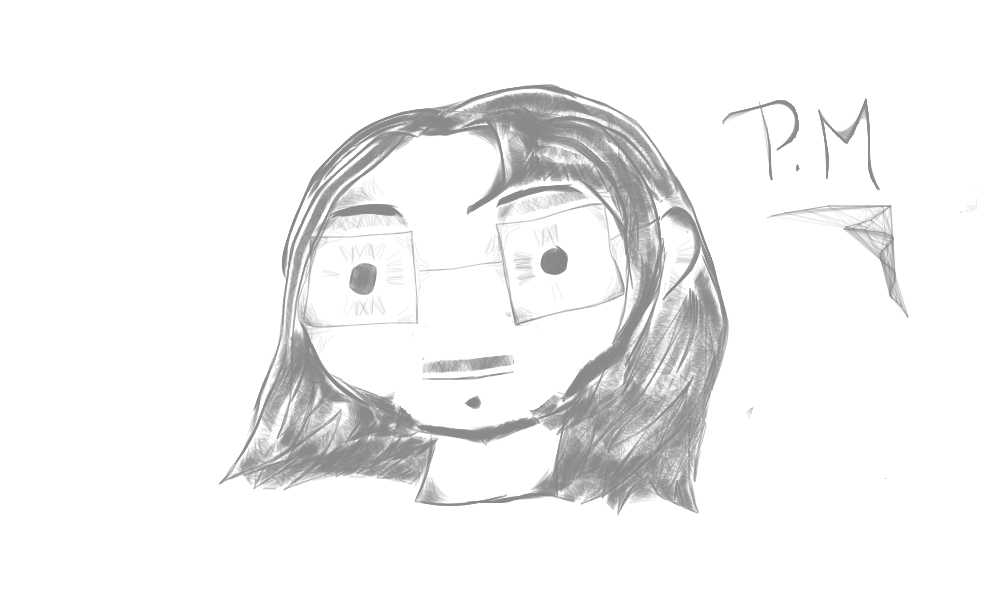Guitar Tutorial - ''The Improv Toolbox'' Lesson 4 - Chord library Part2 : The Drop 3 Family , from Maj7 to Dominant7
Hello Steemit!
Welcome to part 2 of The ''Chord Library'' series of lessons and my first lesson of 2018 ! I hope to share as much as I can this year with these lessons and tutorials.

Today , I'd like to talk about the drop 3 family of chords , another derivation from the ''4 way close'' voicing I talked about in the previous lesson , basically , instead of dropping the 2nd voice of the chord , from the top up , we drop the third one. This gives us a nice separation between the resulting bass note and the three notes that were left ''undropped''.
Oh , yes , I explained all those terms in detail on the first lesson , so in this one I'm going straight to the new information , if you would like to read a bit on those concepts here is that lesson :
Ok , so basically there are 4 families of these type of drop voicings , my teacher calls them ''mechanic voicings'' and I find it appropriate since the way of grouping them is formed mechanically from just dropping voices down an octave.
The chord families are:
-4 Way close (actually this is not a drop family .. this would be the family in which the rest are derived from)
-Drop 2
-Drop 3
-Drop 2 + 4
Each one of this families opens up the chord in different ways , being the drop 2 + 4 the family in which the voices are the farthest apart from each other ( we'll cover that particular family in the next lesson ).
So , how to form the drop 3 chord ? The same process as with the drop 2 chord , but we'll drop the third voice going from top to bottom, this way:
Let's grab the Cmaj7 as an example:
In it's closed voicing it would be ordered as follows:
C , (E) , G , B ----> The E which is the third voice from top to bottom gets dropped an octave.
So we get:
E, C, G , B -----> CMaj7 drop 3 - 1st inversion
Doing the same process with all the inversions of the closed voicing and after putting them in order , we would get the following chord voicings:
C ,B , E , G --- Cmaj7 drop 3- root position
E , C , G , B ---Cmaj7 drop 3- 1st inversion
G , E , B , C ---Cmaj7 drop 3- 2nd inversion
B , G , C, E ---Cmaj7 drop 3- 3rd inversion
Now , that we have the theory down , let's start and start to look some of these voicings on the guitar , First of all . here is a diagram I made with all the information regarding these shapes , there are less shape possibilities of these voicings on the guitar since they take a bigger span of the instrument , reducing the amount of places in which you could play them.
https://drive.google.com/open?id=16rm3gQuE_9wtUQX3PzXm9JcsLdRoOocP
Now , that we have the diagrams , let's start playing them:
By the way , some of these chords have some wide stretches , warm up properly and keep a good playing position , keep your hands relaxed , don't get any injuries please!
First , play them slowly by string groupings , in this case , from strings 1 to 5 and 2 to 6 .
Some of them are dissonant sounding , I know... but we'll need ALL of these shapes later on , so please.. try and learn them slowly and get the sound of each one in your head
Let's do a little arpeggio drill , check that you are pressing all the notes correctly , and listen to each note carefully:
-Going from Maj7 to Dominant7
Ok , now this is why I've been stressing the point of learning all the shapes and understand them. Once you have the shapes under your fingers and also understand what each of the voices are doing , we can start ''transforming'' the chords and adapting them to fit different harmonies. What I mean by this is that instead of learning 4000 chord shapes , we learn the basic ones , and learn how to adapt them in the moment , we rely less on our memory and more on our mental concentration . At least this works for me because I have terrible memory :p . So , I have trained myself to be able to mentally adapt the chords ''on the go'' . Eventually you end up memorizing the ones you use the most , but you can always rely on this mental ability if you forget about any shape.
From the Maj7 to the dominant 7 shapes , there is only one note that changes , and that is the 7th , that becomes a b7 . That's all... so ..I would encourage you to find the 7th in each of these shapes and make them flat, it is a very good mental and visual excercise .
You could also go by note name , flatten all the B's in this case.. make them B flat
What we have here is a drill going through the ''Circle of 4ths'' , basically we are going to visit all 12 keys with Major7th chords jumping one 4th at a time , this means: ( the track starts in Gmaj7)
Gmaj7 --> Cmaj7 ---> Fmaj7 --->Bbmaj7 ---> etc .. we end up back in G after visiting all keys.
Here is the backing first with the chord images so you get a clearer idea:
So , here are two workouts I did , you can make your own , but I tried to move from one key to the other with shapes that gave me the least amount of movement (most of the time , I did some jumps here and there):
Another one , starting from a different place:
Well , everything takes time and the guitar is particularly hard to master in terms of understanding it's layout , since notes overlap , we have many different ways of playing the same thing. Doing this workout will give you control , mental control , visual control and most important you'll learn how to train your ears as you ''insert'' this sounds in your head.
When I Improvise , I think of the chords and harmony 100% of the time , unless I get lost . I try to see the chords lighting up on my guitar and hear in my head the melodies I'd like to connect them with... This training takes time and patience , but as you get the grasp of the layout of the guitar you'll start to feel more free in your instrument.
Here's my take on this backing track , connecting all the chords/keys melodically:
Even though Im basically playing Major or Lydian in all of the chords , my mental process is connected to ''What chord am I playing over?'' , ''What is this note I'm playing in relation to the chord?'', ''What melody would I like to hear?'' and ''How do I connect -this note'- to -that note-'' . I hope that makes sense ...
Well , this is it for today! I hope this inspires you to study and expand your harmonic knowledge in the instrument , that will give you a wider palette of sounds for both your rhythm and lead playing!
As always , I'd be more than happy to answer any question , let me know If you would like me to go in more detail on any subject discussed here , or maybe future lessons.
.png)
DISCLAIMER: dropahead Curation Team does not necessarily share opinions expressed in this article, but find author's effort and/or contribution deserves better reward and visibility.
to maximize your curation rewards!
with SteemConnect
Do the above and we'll have more STEEM POWER to give YOU bigger rewards next time!
News from dropahead: Bye bye 25+ and 50+! Welcome 20+ 40+ and 60+!
Quality review from the dropahead Curation Team
According to our quality standards(1), your publication has reached an score of 95%.
Congratulations for your excellent work!
(1) dropahead Witness' quality standards:
- Graphic relation to the text (Choice of images according to the text)
- Organization and coherence
- Personal sense of the text (Logic, complexity, understanding, what makes it interesting for the reader)
Wow If I try it so I will definitely learn it at home
Congratulations @pechichemena! You have completed some achievement on Steemit and have been rewarded with new badge(s) :
Click on any badge to view your own Board of Honor on SteemitBoard.
For more information about SteemitBoard, click here
If you no longer want to receive notifications, reply to this comment with the word
STOP